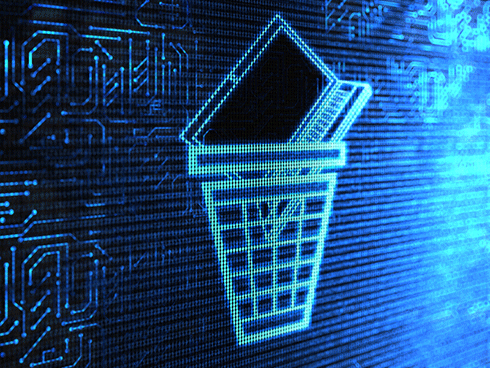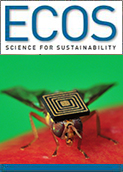
|
Published: 31 March 2014
Mining for ‘gold’ in urban e-waste mountains
A new approach to recycling landfill, called ‘urban mining’, could not only save the nation energy, water and landfill, but also deliver benefits to the economy. This is due to the wealth of valuable metals – gold, silver, copper, rare earths – that can be extracted and reused from e-waste products such as mobile phones, computers, TVs and other consumer electronics.

|
|
Could Australia develop a potentially lucrative e-waste ‘mining’ industry? Credit: © alengo/istock
|
A new Wealth from Waste research cluster – initiated by CSIRO – aims to help transform Australians’ relationship with waste products. Researchers say that, rather than seeing waste as a liability, we need to see it as a resource.
This will require new approaches to manufacturing, processing innovations and business models, enabling us to rethink how we relate to consumer markets globally.
In Australia alone, around 14 million phones sit unused in drawers or cupboards – more than one unused phone for every two people. Before 2008, some 17 million televisions and 37 million computers were sent to landfill.
According to the Australian Bureau of Statistics, if 75 per cent of the 1.5 million televisions we discard annually were recycled, we could save 23,000 tonnes of greenhouse gas emissions, 520 mega litres of water, 400,000 gigajoules of energy and 160,000 cubic metres of landfill space.
Then there are the mineral resources. In fact, there is more gold in one tonne of old mobile phones (around 350 grams) than there generally is in one tonne of earth from a mine (1–5 grams).
The research cluster initiative will see CSIRO working with Australian universities and Yale University in the US to identify the current social, economic and logistical challenges of waste materials; how much we actually have in this country; and how we might transition to a new recycling-focussed industrial economy.
Source: CSIRO



